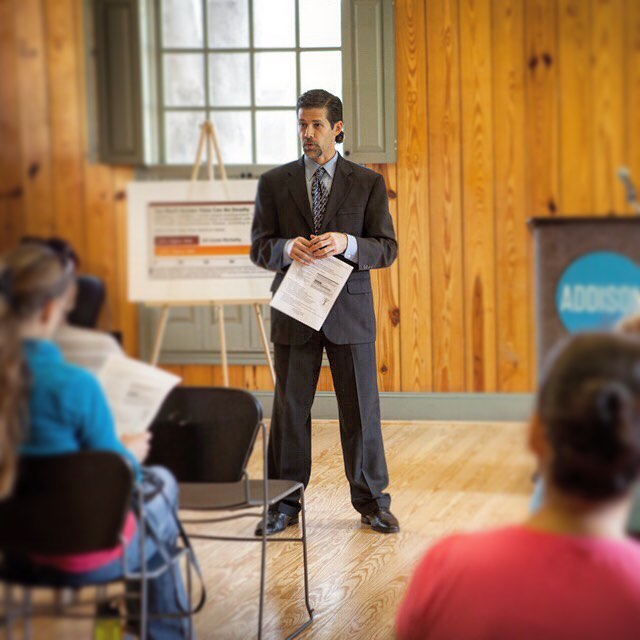About Your Speaker

Aldo D’Aversa, D.C., LAc., Dipl. O.M., C.C.E.P.
Dr. Aldo D’Aversa is a chiropractor and a Chinese medicine doctor. He graduated from Parker College of Chiropractic in Dallas, TX, and has taken various postgraduate courses, including Applied Kinesiology, Clinical Kinesiology, Acupuncture/Meridian Certificate, Certified Chiropractic Extremity Practitioner (C.C.E.P.), Total Body Modification (TBM), Cranial Therapy, Sacro-Occipital Technique (SOT) and Neural Emotional Technique (NET); amassing over 10,000 hours of post-graduate study. He then traveled to China and studied at Heilongjiang University of Chinese Medicine in Harbin, China.
Dr. D’Aversa started teaching while he was a student; he became the “Technique Tutor” for the college, teaching all nine of the schools techniques. He has taught now for over 20 years, initially for recent graduates and also as a guest speaker at Logan College of Chiropractic and Parker College of Chiropractic. He now lectures on various topics for Acupuncturists and Chiropractors. His studies have allowed him to combine the western medical view with the Chinese methodology in the recognition of disease to form a vitalistic view of wellness.
About Sagacity and Why These Seminars
sa·gac·i·ty (sə-găs′ĭ-tē)
n. The quality of being discerning, sound in judgment, and foresight; wisdom.
Sagacity Seminars combines the western medical view with the traditional foods and lifestyle practices, chiropractic and the Chinese medicine methods in the treatment of disease, health and wellness. Health practitioners can learn what therapies are clinically effective, why and how a TCM (Traditional Chinese Medicine) pattern diagnosis can actually correlate to a western medical diagnosis.
Sagacity Seminars combines the traditional medicine of acupuncture and traditional Chinese medicine with the modern manual therapies such and chiropractic and the modern medical diagnostic testing and evaluations as if it were one continuum of knowledge.
Today’s practitioner should know the classics and they should also know today’s medical terminology and practice standards. Consider it a blend of east and west in a format that is applicable for the practice of today so that neither loses its identity, but with a greater understanding for clinical excellence.

